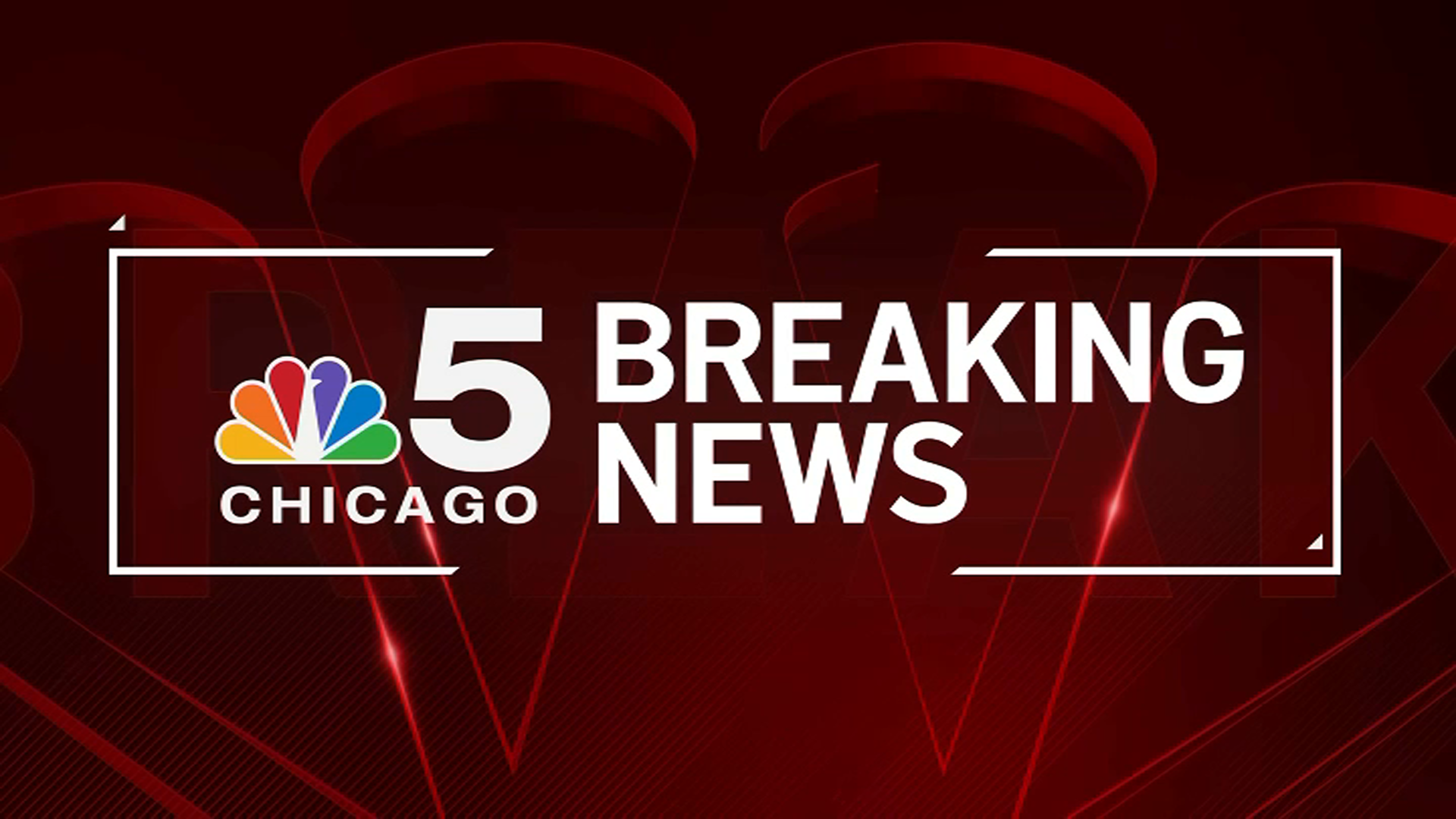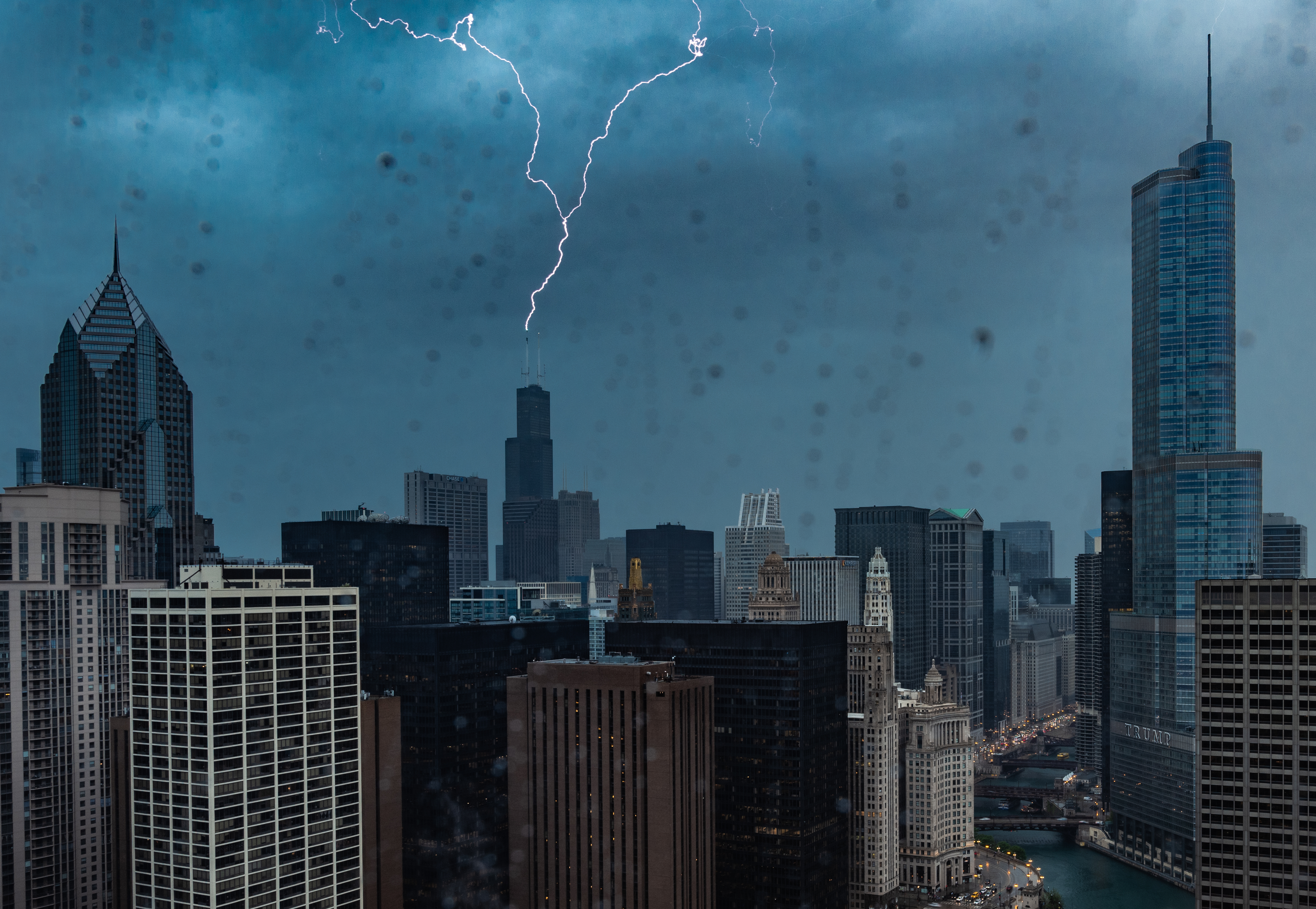Chicago officials, stung by bloody episodes of violence, are seeking new legislation that would make it tougher on thugs packing guns. But their proposal to require more prison time for possessing illegal weapons is running into opposition based on concerns about prison overcrowding, costs and gun rights.
Experts say it could push thousands more convicts into a packed and financially pressed prison system, costing $100 million more per year. A prison-policy group says it's largely a Cook County problem that officials there are asking the rest of the state to shoulder. And gun-rights advocates fear it's a way for Chicago to discourage lawful gun possession in the city.
The measure, which won overwhelming support from a House committee days ago and awaits floor action, would stiffen penalties for several categories of unlawful use of weapons, including by felons or street-gang members. It would make probation less likely, in many cases imposing minimum prison sentences of three years behind bars, and require that offenders serve at least 85 percent of their sentences.
Chicago Mayor Rahm Emanuel and Cook County State's Attorney Anita Alvarez are pushing the measure, arguing that criminals are not spending enough time behind bars and are not deterred from carrying weapons.
A city regularly marred by violence has attracted added notoriety this year for the fatal shooting of 15-year-old Hadiya Pendleton in January, a week after the band majorette performed at President Barack Obama's inauguration, and the gang-related shooting earlier this month that killed 6-month-old Jonylah Watkins.
Many unlawful weapons crimes carry maximum sentences of 10 years. But police and prosecutors are hamstrung by heavy caseloads in courts where judges seeking to clear dockets put on pressure for plea bargains that quickly return bad guys to the street, said Rep. Michael Zalewski, a Democrat from Riverside, in suburban Cook County, who is sponsoring the proposal.
From 2010 through 2012, an analysis by the Illinois Sentencing Policy Advisory Council shows that of 7,000 arrests for unlawful use of weapon by a felon, for example, half were convicted. About three-quarters spent time in prison.
"Law enforcement is saying, it's our job to enforce those laws, and we're at a disadvantage because of what's happening in courtrooms, so we should act," Zalewski said. "I'm a firm believer in the deterrence effect of sentencing and this bill is meant to act as a deterrent as much as anything."
But it comes at a cost. The sentencing council — created to advise lawmakers about the impact of how they choose to punish crimes — reported that if the law had been in effect the past three years, it would have cost $400 million in added prison expenditures. Separately, the Department of Corrections estimates that the impact of the law in the next decade translates to $965 million extra.
Local
The price tag includes $260 million in construction to make room for 3,860 more prisoners. The numbers come from the agency that currently houses 49,000 inmates in space designed for 33,000 but which is nonetheless closing five facilities, including two major prisons, because of a budget crisis.
John Maki, executive director of the John Howard Association, an independent group monitoring prisons, contends studies show longer sentences do not deter crime. So it makes no sense, he said, to pack more inmates into Illinois penitentiaries. There's no money for programs to reduce recidivism and overcrowding tempers rehabilitation by putting first-time offenders in contact with more seasoned cons, from whom they "are learning to commit better crimes," Maki said.
"Even if you buy the fact this is something we should do, it still raises the question, how are we going to pay for this? This is not pocket change," Maki said. "Illinois is out of money, so when it comes to spending $1 billion on a crime-prevention strategy, we need to think about what's the best use of that money."
So-called UUW crimes are not endemic throughout Illinois, Maki said, "so why should Illinois be on the hook" for a Cook County problem that existing law, applied properly, can solve?
Zalewski doesn't deny the additional cost in money and prison beds. But safer streets are worth it, he said.
"Six-month-olds and children being victims of gun violence is a compelling policy problem that we should address," Zalewski said.
House Judiciary Committee Chairwoman Elaine Nekritz, another suburban Cook County Democrat, is unconvinced the legislation addresses the more important problem of reducing recidivism by ex-cons serving longer sentences. But it's tough for a politician to oppose legislation that a future opponent could use in a campaign attack accusing him or her of being soft on crime.
Zalewski's measure won Judiciary Committee approval 14-2.
The two "no" votes came from Nekritz and Rep. Jim Sacia, a Republican from Pecatonica. He views the proposal as an attempt by Chicago authorities to use "a runaway gang problem" to restrict gun rights for everyone.
Lawmakers this session also are addressing a federal court ruling in December that gave Illinois until early June to join the 49 other states in allowing the public possession of concealed firearms.
Gun-rights supporters such as Sacia are perplexed by what they see as Chicago's insistence on lumping law-flaunting gang members in with those who follow the rules.
Zalewski amended his legislation to make exceptions for a person who usually has a valid Firearm Owners Identification card, but whose card had expired by fewer than 90 days when he was found with a gun. Todd Vandermyde, a lobbyist for the National Rifle Association, said those provisions don't go far enough to protect law-abiding go owners. And he said once concealed-carry becomes law, permit violations of the sort would be regulatory offenses, not crimes. Nonetheless, he said, a permit infraction, for example, could still lead to a serious charge such as aggravated unlawful use of weapon.
"If they step outside the line just a little bit," Vandermyde said, "they're going to be slapped with an aggravated UUW and face mandatory three years in jail."



